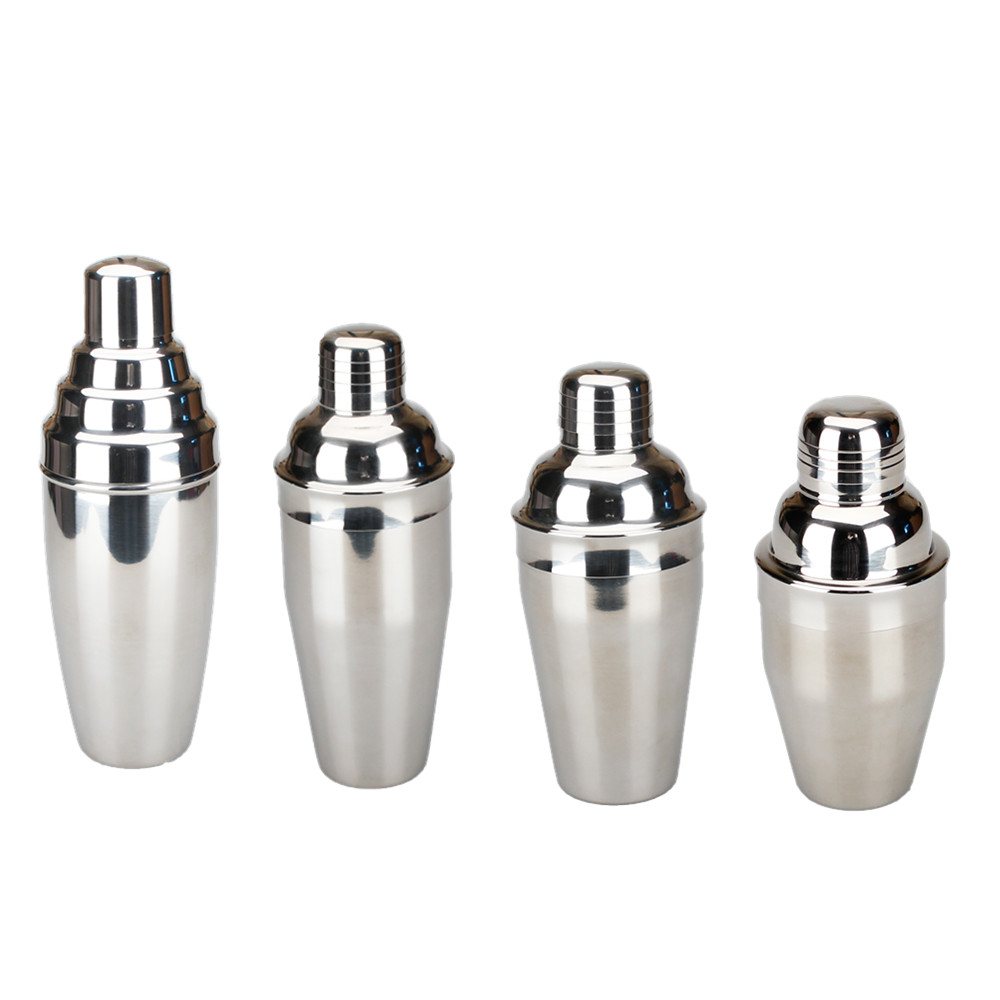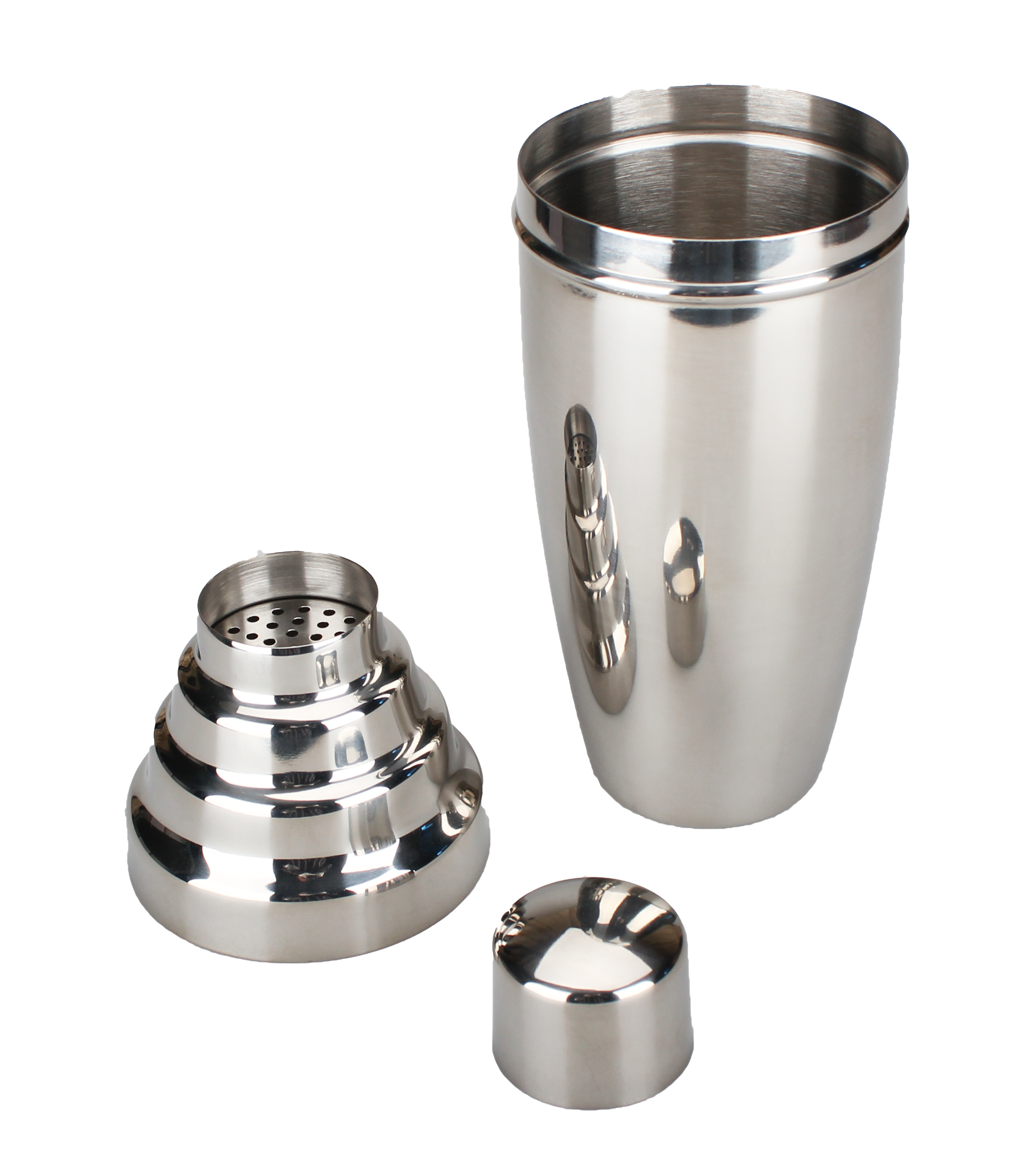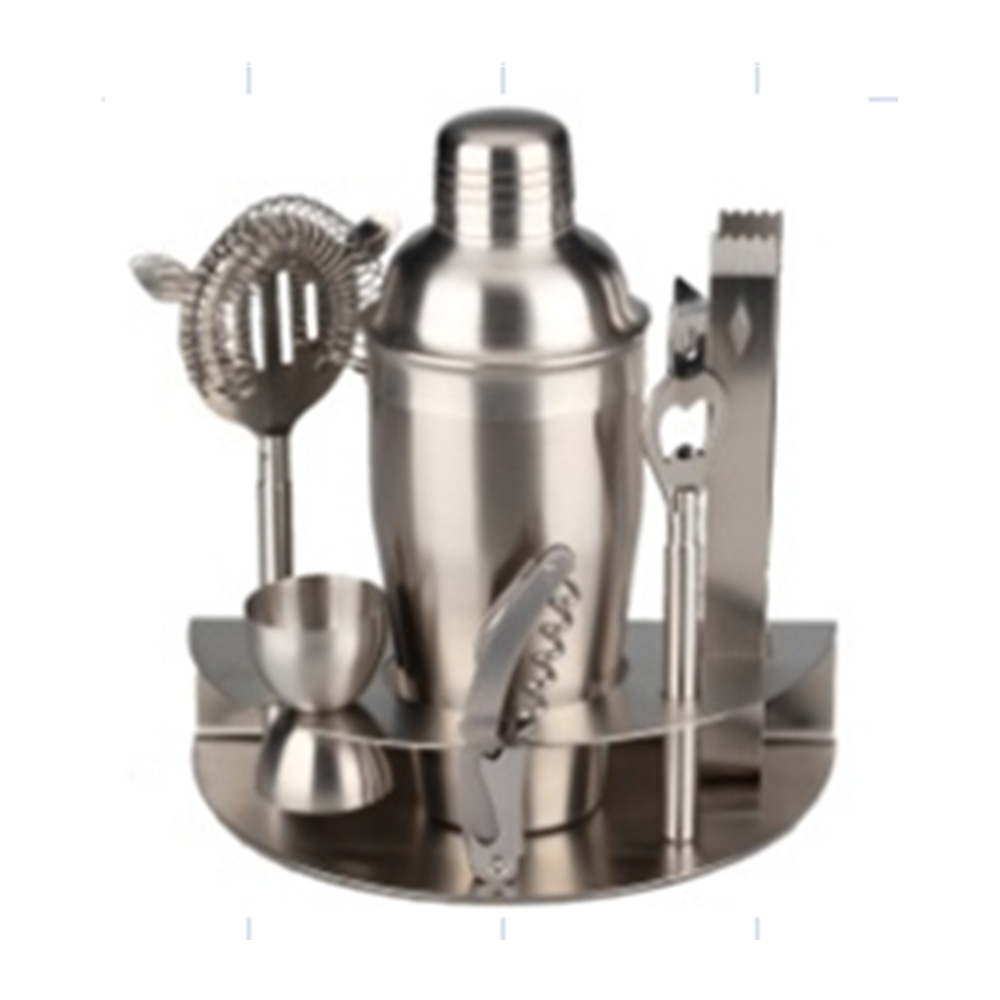Mineral processing automation - pH detection
Measuring electrode and its selection method:
(1) 锑 measuring electrode
Antimony is a semi-metal measuring electrode active surface of a pure antimony metal. The 锑 electrode is not as accurate as a glass or ion sensitive field effect transistor (ISFET) electrode because it is non-linear with respect to pH and temperature response. Its standard temperature is limited to between 0 and 80 ° C and the standard pH range is between 2 and 11. Nowadays, ruthenium electrodes have been rarely used for pH measurement and are only used in the process of hydrofluoric acid-containing solutions. Because hydrofluoric acid solutions with a pH of ≤ 4 can quickly damage glass or ion-sensitive field effect transistor (ISFET) electrodes.
(2) Glass measuring electrode
The glass measuring electrode includes a special mechanism glass that emits an mv signal that varies with pH. Glass electrodes typically have good linearity over a pH range of 1 to 12. The use of a glass electrode in a solution having a pH ≥ 11 produces a sodium error because the glass electrode is generally more responsive to a solution having a higher sodium concentration than a solution having a lower hydrogen concentration. Other solutions, such as potassium, are also susceptible to this reaction.
(3) Ion-sensitive field effect transistor (ISFET) measuring electrode
Ion-sensitive field effect transistor (ISFET) measurement electrodes have been used as sensors since the 1970s, but have only recently been used in industrial measurements. Ion-sensitive field effect transistor pH measuring electrodes have many properties superior to glass or germanium electrodes. It has no sodium error compared to the glass electrode, and the acid error is much smaller in the low pH solution than the glass electrode. The oxidation/deformation reaction also does not interrupt the pH response of the ion sensitive field effect transistor. However, current designs still have drawbacks. It is more rapid than a glass electrode that is subjected to a high temperature corrosive solution, although it is more capable of maintaining measurement accuracy than a glass or germanium electrode. Hydrofluoric acid will also damage it very quickly. In addition, some chemical corrosion is actually more corrosive to ion-sensitive field-effect transistor electrodes than to glass or germanium electrodes.

Figure 1 American JENCO acidity meter physical map 
Figure 2 Taiwan Shangtai acidity meter physical map
Stainless Steel Shaker
1: Stainless Steel Cocktail Shaker ,prefect for mixing, straining and serving cocktails and beverages in style.
2: Made from stainless steel; resists rust; won't absorb odors or transfer flavors between uses.
3: Easy to use and clean, high-polished mirror finish for a stunning appearance. Also suitable for home .
4:Combine the Measuring Jigger, Waiters Corkscrew, Stainless Steel Can Opener, Cocktail Strainer, Mixing Spoon as one set , Bartender's favorite set.
5:Different size to choose,200ml/300ml/500ml/700ml/1500ml .


FAQ:
1:How can
I get the sa mple?
mple?
We can provide the sample for customers to check the quality.
Please kindly provide the delivery info for calculate the sample cost. If you have DHL /TNT/UPS/FEDEX account, please also kindly provide it to us.
You can do the payment of sample via T/T and PayPal.
2:How about the sample time?
Usually the sample time is 7~10 days after have the sample cost.
3:How long will it take for mass production?
Usually 45~60 days after have the deposit.
4:Can we have our logo or company name to be printed on your products or the package?
Welcome OEM.
5:what certificate can you provide?
CE,CB,GS,FDA,LFGB,ROHS are available here.
6:How can we get your monthly new products announcement?
Please join our mailing lists.
Cocktail Shaker,Stainless Steel Powder Shaker,Shaker With Fine-Mesh Lid ,Stainless Steel Shaker With Handle
Jiangmen Wellway Houseware Co.,Ltd , https://www.wellway-jm.com